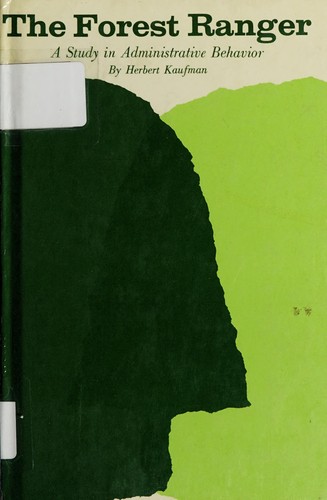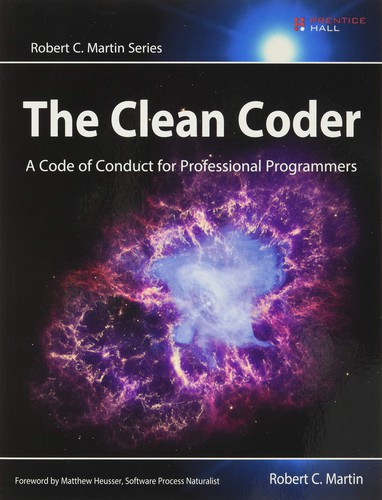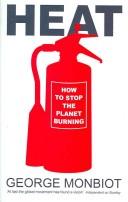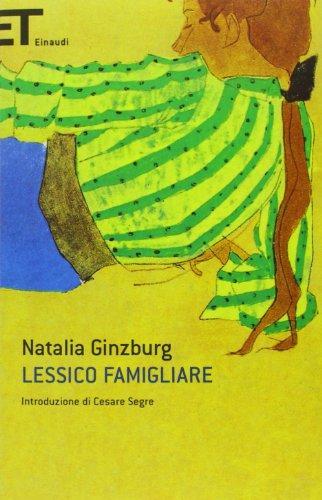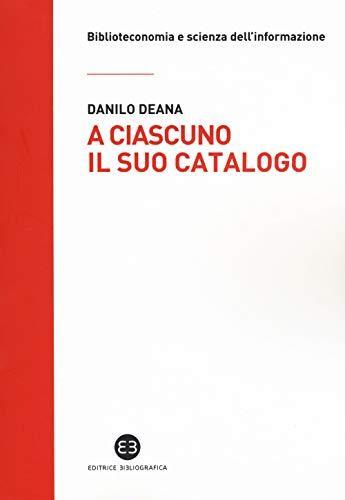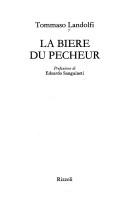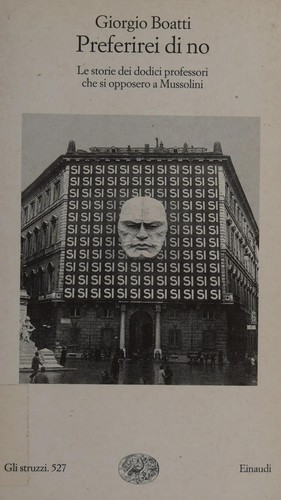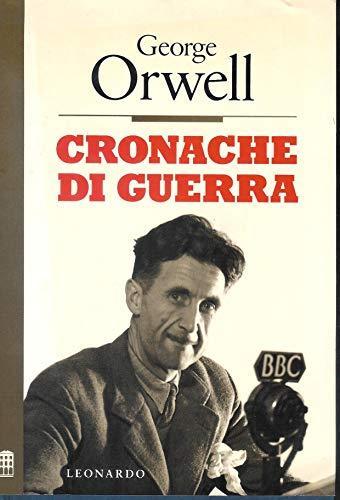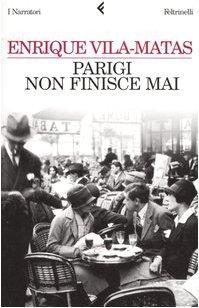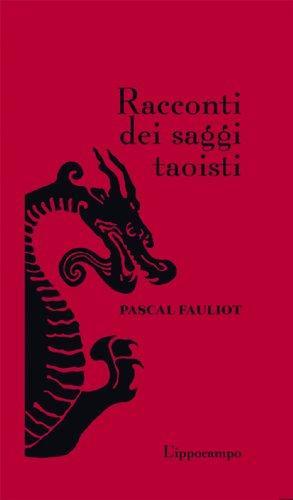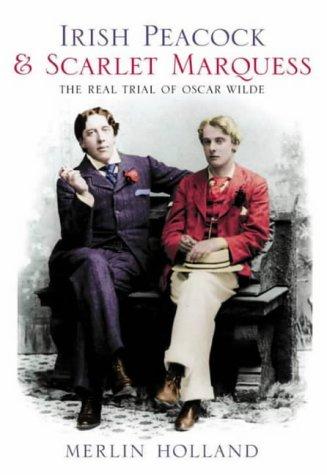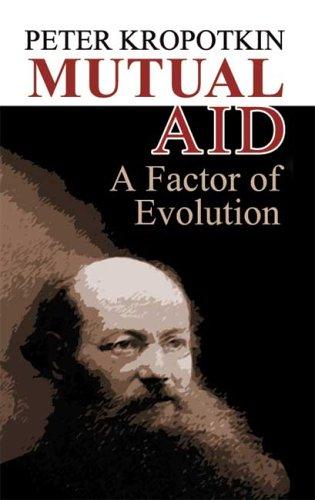nemobis ha recensito The forest ranger di Herbert Kaufmann
Review of 'The forest ranger' on 'Goodreads'
5 stelle
A classic of sociology and the study of the commons, which remains captivating and entertaining. Even though the forest ranger is nowadays a mere metaphor of the challenges of administration and regulation, particularly in the area of the commons, I've also learnt a lot about forest management in the USA. The book is packed with figures and concrete data but remains very enjoyable to read.
I'm a broken record on this, but one of my take aways was how important it is for a central bureaucracy to consider the cost of information when working on such a huge space. The passages on the importance of preserving records and local knowledge, and the difficulty of training new rangers, may sound trivial, but I believe they're crucial.

